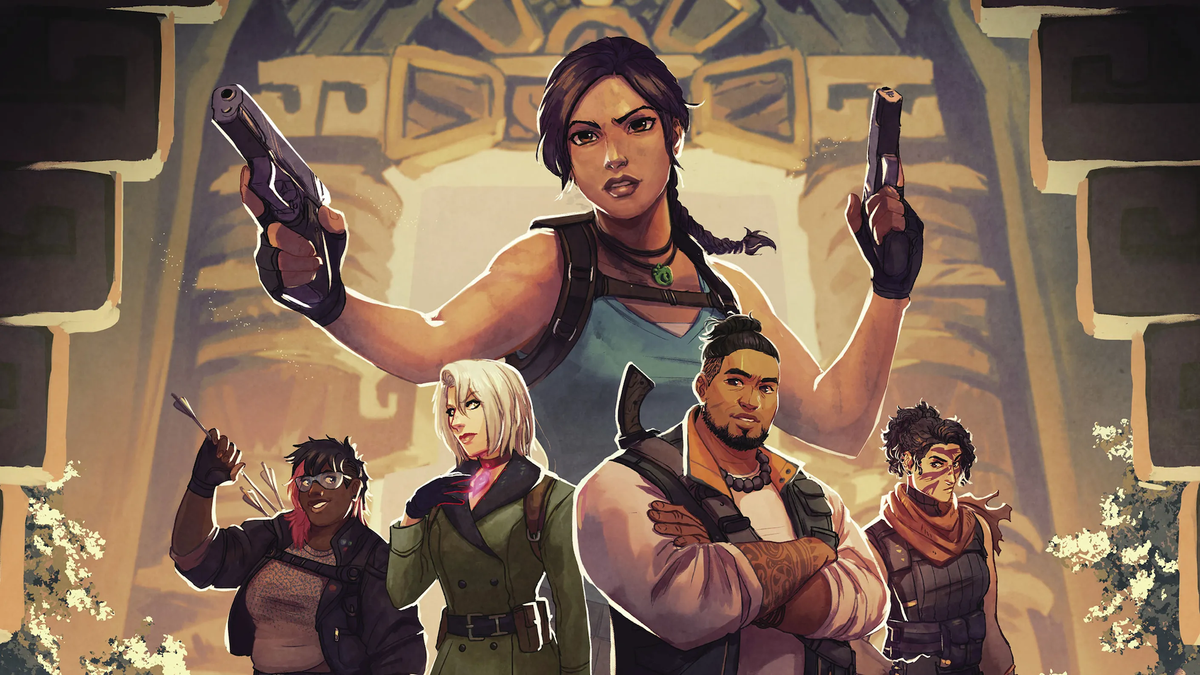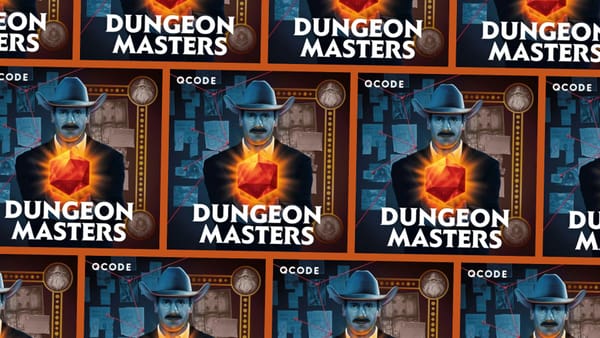Lara Croft finds a horde of trolls in Twitter’s tomb
The officially licensed tabletop RPG is pilloried for the crime of imagining a different kind of raider.

Tomb Raider’s upcoming tabletop RPG adaptation crashed into the public discourse this week, similar to protagonist Lara Croft tumbling through a hole in some ancient temple’s floor before beefing it directly into a pool of slime. The results were about as appetizing: self-styled fans of the franchise flooded the quotes and replies around a screenshot of context-robbed playtest material, decrying “woke culture” and “another DEI shitshow”–alluding to the ongoing but flailing hatemarch against video game consultation company Sweet Baby Inc.
Amidst all the livid vitriol, two things became abundantly clear: most commenters did not realize Shadows of Truth was a tabletop game developed by Evil Hat Productions and not the latest Crystal Dynamics video game joint; and any hope of discussing what a decolonized Tomb Raider experience might look like was consigned to the metaphorical sepulcher.
How did we get here? As with all things tidally locked in Twitter’s orbit, the answer is meandering and not very satisfying. Evil Hat Productions, the tabletop RPG outfit responsible for publishing Blades in the Dark and Thirsty Swords Lesbians, began actively playtesting Tomb Raider: Shadows of Truth on April 8th. The public signed up and, if selected, were sent a working PDF copy of the core rulebook to use at their table. One Twitter user who, judging by their account is a dyed-in-the-wool Lara Croft fan, posted a screenshot of a section where Shadows of Truths explains its stance toward decolonizing Tomb Raider:
"Raiding, as depicted in the original Tomb Raider games and stories, involves going to ancient tombs and historical sites of different civilisations and acquiring artifacts. It operates on the assumption of 'finders keepers' that grants raiders with the means and the drive to claim ownership of artifacts, regardless of whether they have any historical or cultural claim to the treasure,” the document reads.





